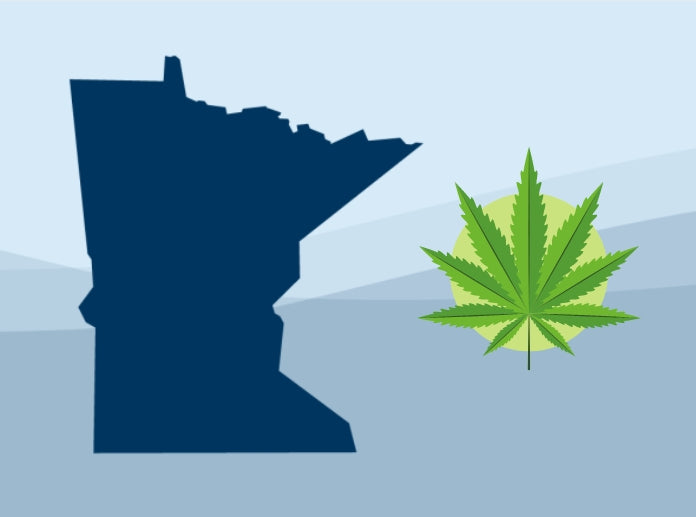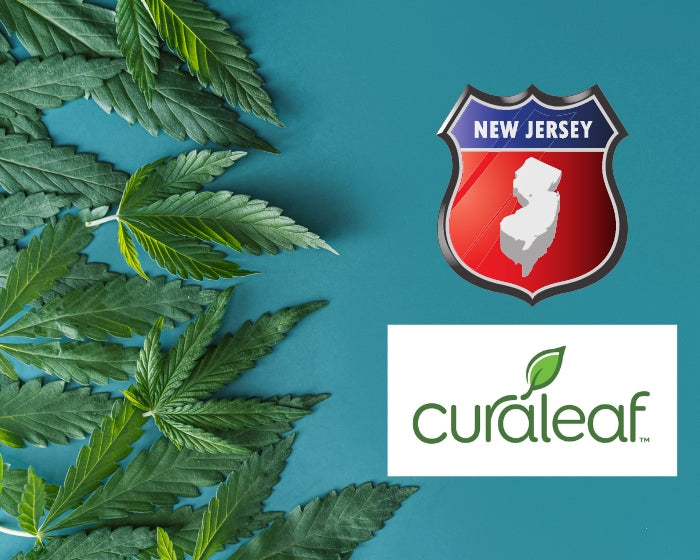Industry experts cite the agency's refusal to establish regulatory guidelines for CBD as the leading cause for the sharp decrease in hemp cultivation and product manufacturing.

According to a new study released by the U.S. Dept. of Agriculture (USDA), all is not well in the world of hemp. As first reported by Marijuana Moment, the USDA's National Hemp Report shows substantial decreases in the value and cultivation of hemp across every measurable metric analyzed for 2022.
Much of the blame for the dramatic contraction in the industry is being laid at the feet of the Food and Drug Administration (FDA). Earlier this year, FDA officials released a statement saying that it would no longer be regulating products containing the hemp-derived cannabinoid CBD due to a lack of "credible scientific data" concerning the safety of CBD products.
Without that critical information, FDA said it would be unable to create health and safety guidelines for products containing the popular cannabinoid. Furthermore, it called on Congress to pass more legislation to create a regulatory pathway for the agency to enact rules enabling the marketing of CBD as a food item or dietary supplement.
This lack of action on the part of the FDA has placed hemp growers in a highly tenuous position. With no FDA-approved way to legally market CBD as a dietary supplement, farmers cultivating the crop for its flower have been trapped in economic limbo, unable to maximize their profits from the massively popular and lucrative plant component.
According to the report, farmers only grew 28,314 acres of industrial hemp in 2022, a decline of nearly 50% from the previous year. As a result, "the value of hemp production in the open and under protection for the United States totaled $238 million, down 71 percent from 2021." In addition, floral hemp production dropped by 66%, grain hemp decreased by 44%, fiber hemp fell by 34%, seed hemp plummeted by 92% and hemp clones/transplants declined by 94%.
Advocates and stakeholders from the hemp industry have warned lawmakers and the FDA about this eventuality for some time. In an email blast, Jonathan Miller, general counsel for the U.S. Hemp Roundtable, said that the report "makes clear what has been evident in the industry for years: The economic opportunity for U.S. farmers continues to decline, with the chief culprit being FDA's inaction on regulating hemp extracts such as CBD."
"(The report) makes clear what has been evident in the industry for years: The economic opportunity for U.S. farmers continues to decline, with the chief culprit being FDA's inaction on regulating hemp extracts such as CBD."
- Jonathan Miller, General Counsel for the U.S. Hemp Roundtable
The FDA's lack of action concerning its responsibility to monitor and regulate the almost $6 billion CBD market in the United States has caught the eye and ire of Congressional leaders.
Rep. James Comer (R-KY), chair of the House Oversight and Accountability Committee, is one of those lawmakers. He and a growing number of his colleagues are concerned with more than just the economic health of the hemp industry.
With the proliferation of unregulated and intoxicating hemp-derived products containing the notorious delta-8 THC variant, Comer sees a direct correlation between the FDA's unwillingness to act on CBD guidelines and a potential public safety catastrophe brought on by unscrupulous bad actors taking advantage of lax regulation to turn a quick and dangerous profit.
Last week, he sent a letter to FDA Commissioner Robert Califf, informing him of a new investigation into the agency's questionable and detrimental inaction regarding CBD regulations.
In the letter, Comer said, "FDA's claim of a lack of a regulatory pathway is not only an insufficient rationale for inaction, but it is directly affecting the welfare of the American public. The lack of regulation of non-intoxicating CBD products has allowed for potentially dangerous products to enter the market in the form of delta-8 and other hemp-derived intoxicants, leading to increasing concern that some products contain potentially dangerous ingredients due to the lack of regulation."
"FDA's claim of a lack of a regulatory pathway is not only an insufficient rationale for inaction, but it is directly affecting the welfare of the American public. The lack of regulation of non-intoxicating CBD products has allowed for potentially dangerous products to enter the market in the form of delta-8 and other hemp-derived intoxicants, leading to increasing concern that some products contain potentially dangerous ingredients due to the lack of regulation."
- Rep. James Comer (R-KY), Chair, House Oversight and Accountability Committee
In the meantime, Miller and his army of hemp lobbyists are not waiting for the often unproductive and tedious results of Congressional hearings. Instead, he said in that same email blast, "It's time to regulate CBD now." To that end, he is calling on Congress to do what the FDA asked for earlier this year in its controversial statement - establish a regulatory framework.
Right on cue, Congressional Reps. Morgan Griffith (R-VA) and Angie Craig (D-MN) recently filed a bipartisan bill to create that pathway the agency requested to regulate CBD and other non-intoxicating hemp derivatives as dietary supplements and food and beverage additives. Now, it’s up to Congress to do its job.
Hopefully, with the pressure applied by Comer's investigation and the proactive legislative actions initiated by Griffith and Craig, the squeaky wheel of the hemp industry will be heard and given the necessary and effective attention it needs to right its listing ship. The time for excuses and buck-passing is over. There’s too much at stake and precious little time to act.






































